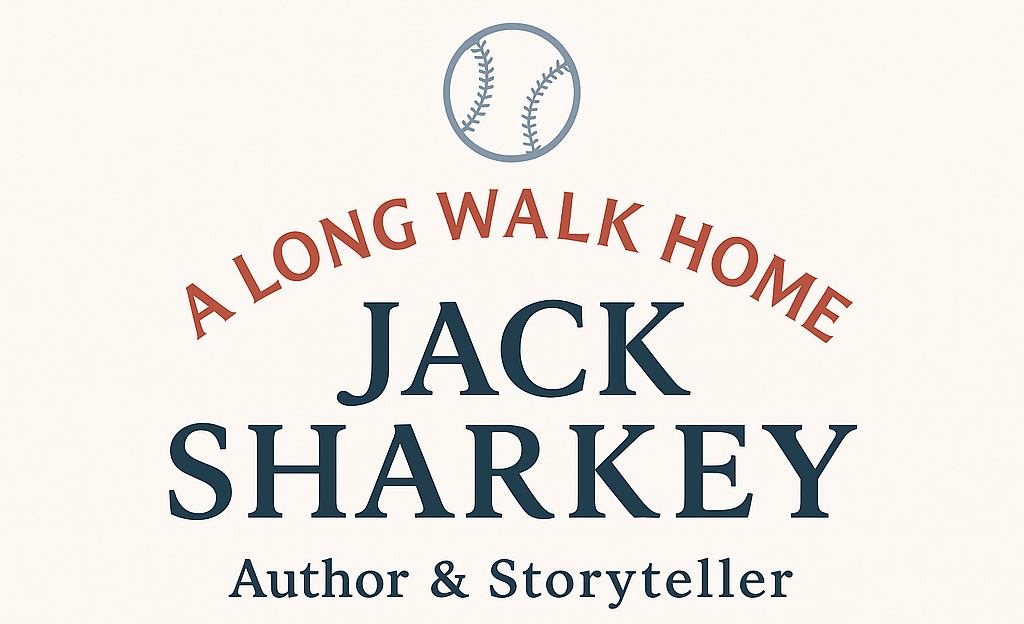Didn’t Make the Book: Hall of Famer Dick Allen
The first dozen or so drafts of A Long Walk Home were very heavily focused on using baseball as a metaphor for life – admittedly something that’s been done a thousand times before. As the story took shape and baseball started becoming just a character in the story, and not it’s focus, a lot of material had to get cut. Some of it was bad (you’ll never see that stuff), and some of it was pretty good, or at least I thought so. To celebrate Dick Allen’s posthumous inclusion into the Baseball Hall of Fame this past weekend, here’s the segment about him that didn’t make the final draft.
The Phillies have not always been the perfect organization. But perfection is the dream of adolescents. Perfection is what we envision when we are nineteen with more of the world ahead of us than behind us. As the time we have left gets shorter, we realize life is about the pursuit of humanity, not perfection. The good, the bad, the authentic, the vulnerable. Heroes have faults. Teams have faults. That’s the way the system works. We’ve all been far from perfect, that’s why we need people who understand the imperfections for what they are. Loving someone means understanding imperfection. The current obsession with throwing concepts, traditions and relationships away because there are imperfections is the height of ignorance. If that concept prevails, we’ll be left with no one to hang out with and the stands in every ballpark will be empty. Imperfect history is important, but only if it doesn’t get hidden away so we can keep learning from it. This is where forgiveness comes in. This is when it’s time to exhibit grace for the mistakes of the past. It’s not always easy, and it sometimes feels impossible, but it’s necessary for growth, either individually or collectively.
Dick Allen is absolutely on the Philles Mount Rushmore. Allen was a black man who came up in the Jim Crow Era. He received death threats in the South where he played for the local Phillies affiliate in Little Rock Arkansas before being called up to the big leagues in 1960. Allen was an All Star for three years between 1965 and 1967 but that wasn’t enough to make fans of his own team cheer for him.
Because of the amount of fruit, ice, garbage and batteries Philadelphia fans threw his way, Allen was forced to wear a batting helmet when he took his position at either first or third base. He was a lifetime .292 hitter with 351 home runs, and his number was finally retired by the Phillies in 2020. He was a very good ballplayer, but his career was marked with ups and downs, with one especially frightening locker room incident after a game in 1965.
Allen and teammate Frank Thomas got into an altercation in the clubhouse and Thomas swung a bat and purposely hit Allen in the shoulder. His own teammates called Thomas a racist and a bully, but after management released Thomas the next day, the rest of the team – and especially Allen – were instructed not to talk about the incident under threat of a substantial fine.
That gave Thomas the ability to spout his version of the fight free from any pushback. In the eyes of the fans and the Philadelphia press, the entire incident was on Allen. Not surprisingly, by 1970 Allen wanted out of Philadelphia and demanded a trade. He was traded to St. Louis for Curt Flood, who then turned around and unsuccessfully sued MLB to abolish the reserve clause that enabled teams to trade players without their consent. Allen was an All Star for St. Louis that year. Flood became a pariah. Free agency in professional sports eventually happened because of Dick Allen, his racist teammate, the Philadelphia Phillies fans who hated him, and the guy who became collateral damage – Curt Flood.
